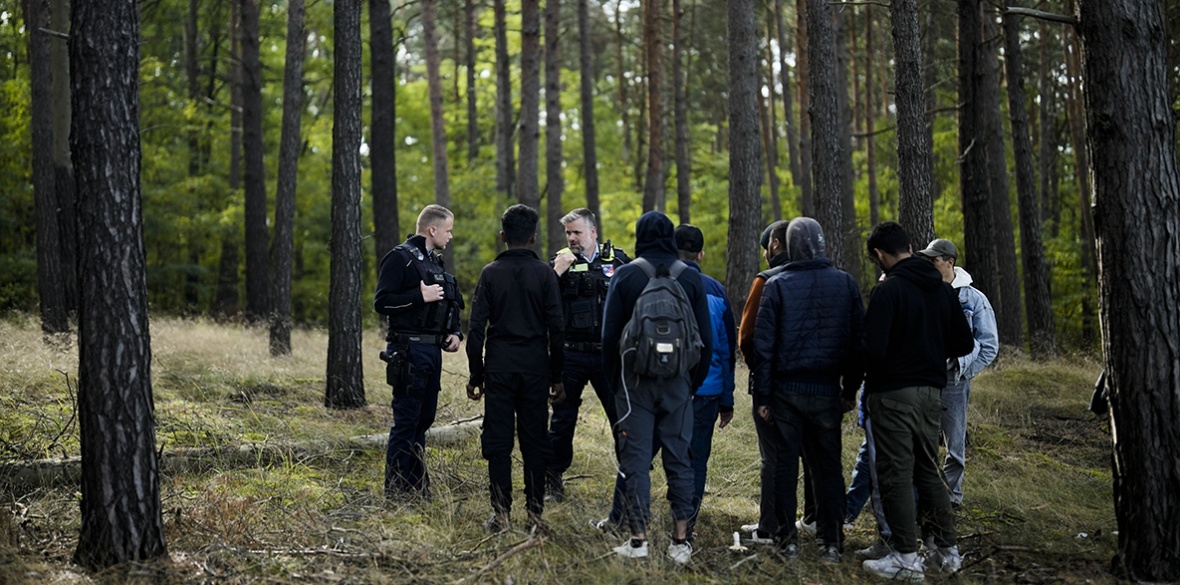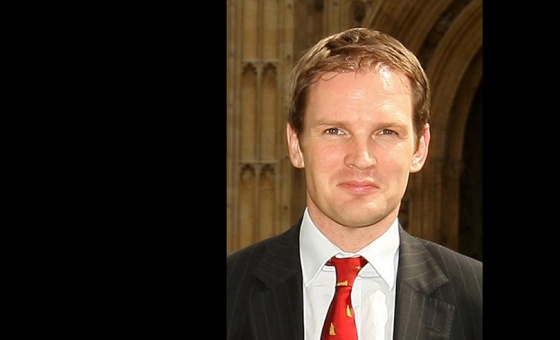This is the last article you can read this month
You can read more article this month
You can read more articles this month
Sorry your limit is up for this month
Reset on:
Please help support the Morning Star by subscribing here
CHANGES to European Union immigration rules will weaken the rights of asylum-seekers and encourage more morally dubious deals with countries they are fleeing, campaigners have warned.
Following overnight talks, MEPs agreed on the “core political elements” of the Pact on Asylum and Migrants, which will overhaul the rules on migration.
European Parliament president Roberta Metsola called it a “truly historic day,” adding: “Let’s not underestimate the risk if we had not reached such a deal.
“This means, hopefully, that member states will feel less inclined to reintroduce internal borders because the influx is being managed.”
The pact was first proposed as a solution to EU migration concerns in September 2020 after the bloc’s old rules collapsed in 2015 due to the arrival more than a million refugees from war in Syria and Iraq.
But little progress was made on the pact as member states squabbled over which of them would accept the bulk of the migrants and whether some should be forced to offer refuge.
In recent weeks, negotiators have bridged differences on rules concerning the screening of migrants arriving without authorisation.
Facial images and fingerprints will be quickly taken, including from children from the age of six.
An agreement was also reached on which EU countries should handle asylum applications, the procedures for doing so and what kinds of mandatory support other countries must provide to nations struggling to cope with migrant arrivals, notably in “crisis situations.”
Amnesty International European institutions office director Eve Geddie warned that the plan would “set back European asylum law for decades to come” and “cause more people to be put into de facto detention at EU borders, including families with children and people in vulnerable situations.
“States will be able to simply pay to strengthen external borders or fund countries outside the EU to prevent people from reaching Europe.”
Oxfam expert on EU migration Stephanie Pope expressed concerns that the pact would encourage “more detention, including of children and families in prison-like centres.
“They have also slammed the door on those seeking asylum with substandard procedures, fast-tracked deportation and gambled with people’s lives.”
Maria Nyman, secretary general of the Caritas Europa charity group, said the deal showed that EU countries “prefer to shift their asylum responsibility to non-EU countries, prevent arrivals and speed up return, exposing migrants to human rights violations.”
The pact will not come into force until a final agreement on all its 10 parts is reached, which is due to happen by February.











